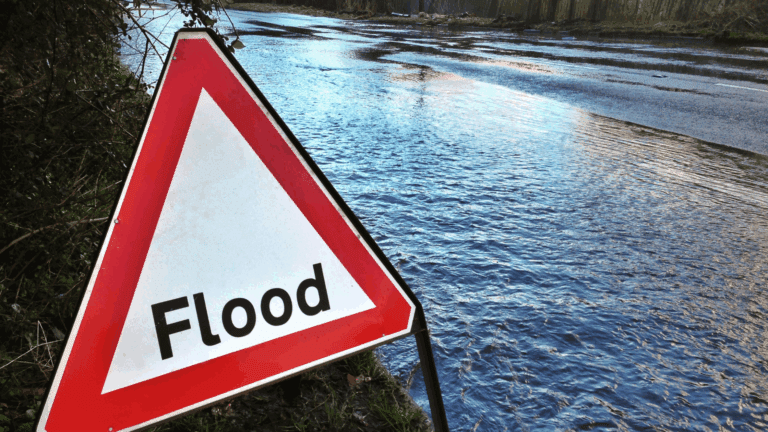
Taking a proactive approach to water safety can protect your business from costly issues down the line
Safe and efficient operations are essential for any business, regardless of industry. Ensuring the health and safety of clients, customers, and staff alike is a key factor in any organisation. This relates to every aspect of the business, and one often-overlooked area is water safety.
From ensuring employees have access to clean water to managing water systems in healthcare and hospitality, regular water maintenance is absolutely essential in making sure UK businesses are safe. Let’s take a closer look at why maintaining your water systems should be a top priority for your organisation.
Protecting public health
Water is, of course, an essential of daily life. The quality of the water we drink has a direct impact on the quality of our overall health, and businesses have a responsibility to ensure that clean, safe, healthy water is accessible to all.
Overall, the UK boasts a high standard of water safety. In fact, the Drinking Water Inspectorate (DWI) reports that 99.96% of public water supplies in England and Wales met all stringent safety standards. But with growing concerns about sewage in our rivers and harmful bacteria, maintaining this high standard requires proactive maintenance.

Removing the risk of legionella
When water safety is compromised, it can spell disaster for our health. Contaminated water increases our risk of coming into contact with potentially harmful bacteria, including Legionella. Legionella can lead to Legionnaires’ disease, which is a serious lung infection.
The Health and Safety Executive (HSE) reports around 350 cases of Legionnaires’ disease every year in the UK, with a significant portion linked to poorly maintained water systems.
Achieving legal compliance
Maintaining water safety standards is something UK businesses are legally obliged to do. Under both the Health and Safety at Work Act 1974 and the Control of Substances Hazardous to Health Regulations 2022, the responsibility of managing and controlling Legionella falls under the employer.
Non-compliance with safety standards can have serious consequences, including hefty fines, legal action, and damage to business reputation. Regular water system checks can prevent costly penalties and ensure businesses comply with UK regulations.

Cost savings
When water systems fail, they can be expensive to repair, while also resulting in costly time loss. Similarly, inefficient water systems can increase water bills, with Water UK reporting that efficient practices and regular maintenance can reduce water consumption by 50%.
While the initial investment in water maintenance may seem daunting, it can save organisations money in the long run by avoiding expensive disasters and prioritising greener behaviours.
Boosting business reputation
In today’s eco-conscious climate, customers and employees are increasingly valuing businesses that prioritise sustainability, as well as health and safety. Demonstrating a commitment to water safety through regular maintenance can enhance your reputation in all three of these areas, attracting clients and retaining top talent.
In the hospitality industry, for example, guests expect clean and safe water as a basic standard. Any failure in this area can lead to negative reviews and a loss of business. Regular maintenance helps ensure you meet these expectations consistently.
Water safety is not just a regulatory requirement but a moral must. By prioritising regular maintenance, you can provide a safe environment for your employees and customers, promoting a thriving and sustainable business.

Contact Everflow today!
At Everflow, our goal is to make your utilities simpler. We ensure you get great-value contracts that are tailored to your needs and easy to manage.


